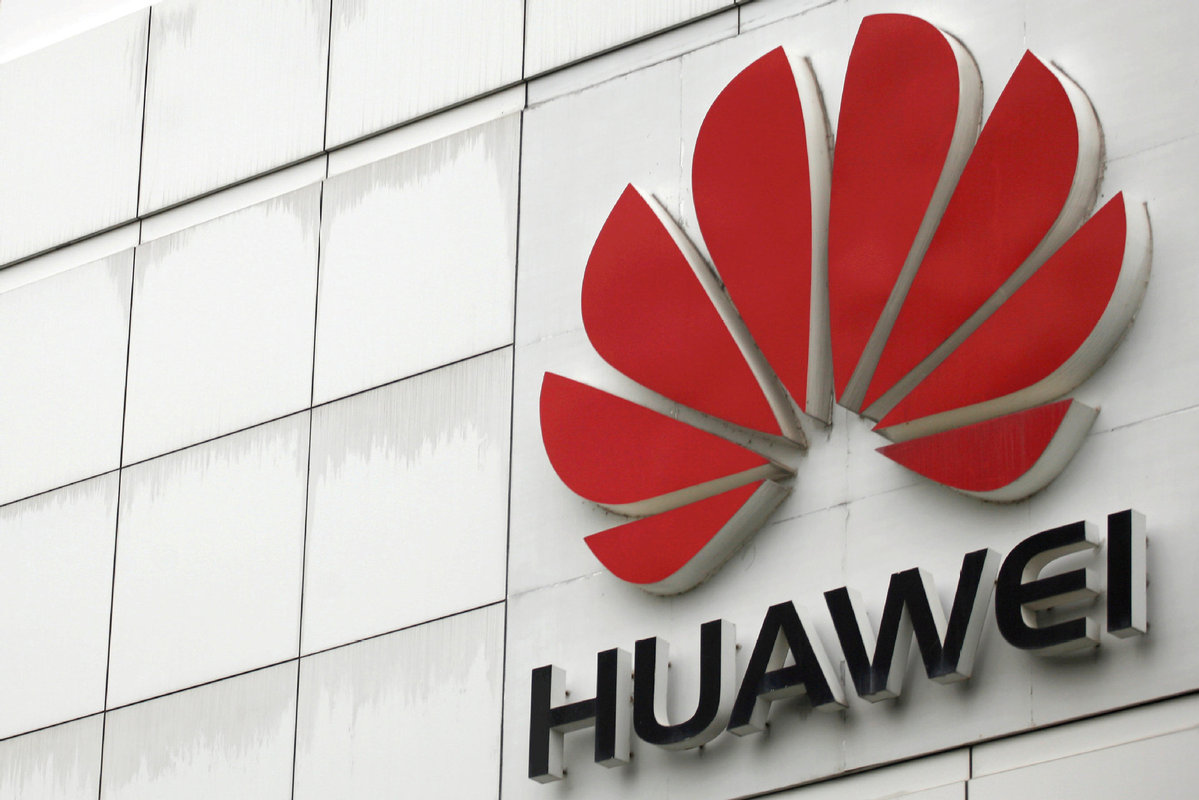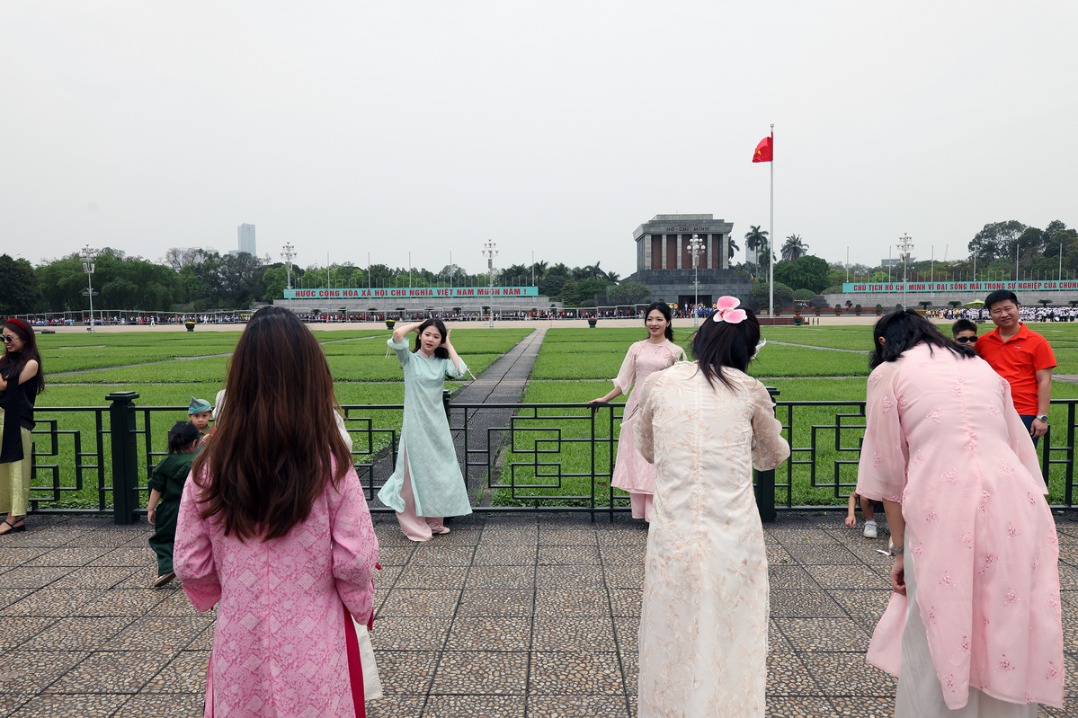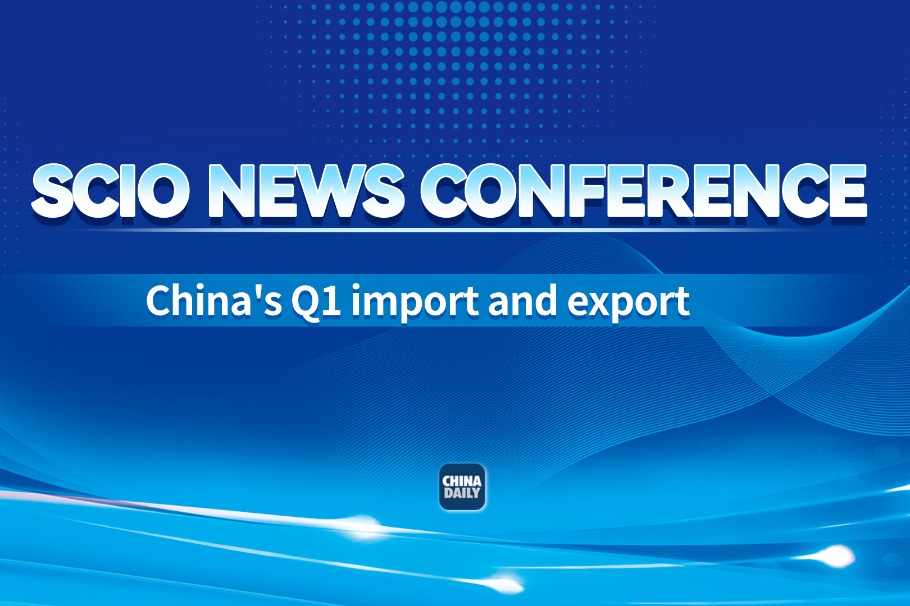Canberra's bias still hurdle to better ties: China Daily editorial


The Australian government's decision to ban Chinese telecom giants Huawei and ZTE from its 5G network is disappointing as well as poisonous to bilateral cooperation. The ill-advised move again casts a shadow over bilateral ties, which had been showing some signs of improvement recently.
According to a federal government statement issued on Thursday, security concerns and the companies' Chinese backgrounds were the main reasons behind the ban, as it claimed companies that "are likely to be subject to extrajudicial directions from a foreign government" would leave the nation's network vulnerable to unauthorized access or interference.
Back in 2012, Australia used similar reasons to block Huawei from bidding for its national broadband project.
As before, Australia's harsh treatment of Huawei and ZTE stems from bias and discrimination against the Chinese companies, with the alleged security risks just a convenient pretext that Australia has borrowed from the United States.
Both Huawei and ZTE have consistently denied they have any links to the Chinese government and both providers are accepted in many countries, including countries in Europe. They are no strangers to the Australian telecom market either. Take Huawei as an example, it already has a 55 percent share of Australia's 4G market.
The ban is an all-lose scenario that goes against the spirit of fairness in international trade cooperation. Thus it is only natural that China has expressed grave concerns about the decision and urged the Australian government to abandon its ideological prejudices and provide a fair competitive environment for Chinese companies' operations in Australia,
Trade and business cooperation is in the interests of both countries, and Australia should be facilitating reciprocal interaction, not putting obstacles in the way.
Given the anti-China sentiment that had been allowed to fester in Australia seemed to have reached a peak, as there were several signals from the Australian government — including from Prime Minister Malcolm Turnbull — that it wanted to mend relations, the decision shows Canberra still lacks sincerity in matching words with deeds.
With Turnbull's future as prime minister yet to be decided, it remains to be seen how Australia's stance toward its largest trade partner will evolve, and whether it will be for the better or worse.
While their current frictions could no doubt be aggravated, it would be better if the two sides devoted themselves to advancing their comprehensive strategic partnership. Doing so would bring tangible benefits not only to them but also the region as whole.
Today's Top News
- Xi attends welcome ceremony held by Vietnam's To Lam
- Vietnam deepening friendship, cooperation with China
- Xi says looking forward to in-depth exchanges with Vietnamese leaders on issues of strategic significance
- Xi says China ready to work with Vietnam to carry out more in-depth cooperation
- Consumption potential big, experts say
- Xi, president of Indonesia hail 75 years of relations






























